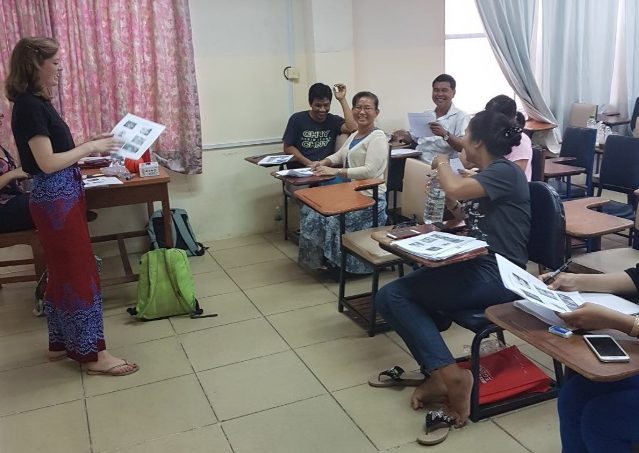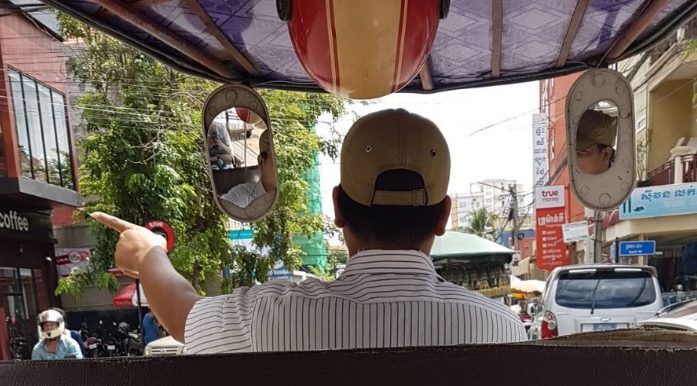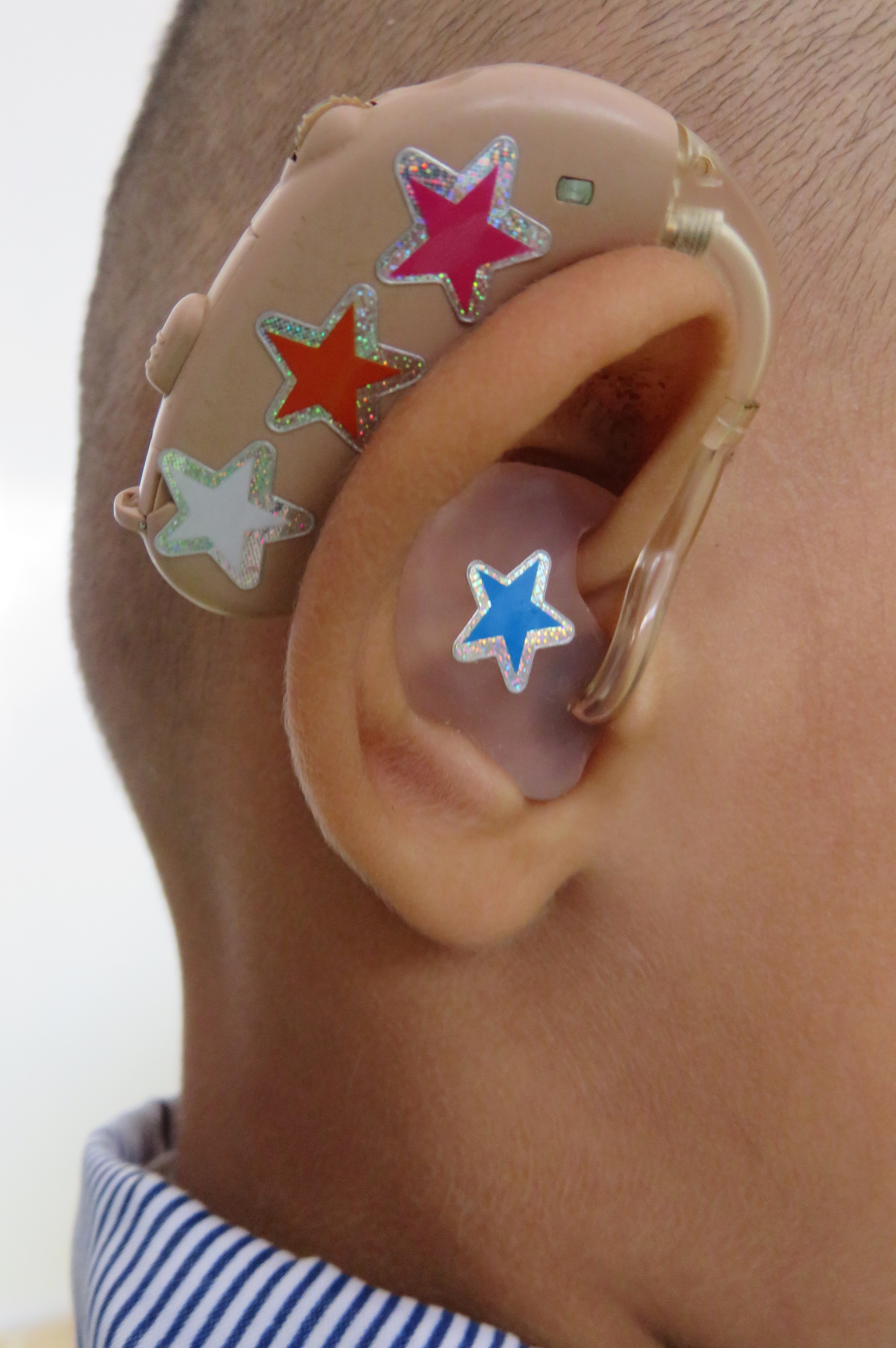
The City Cambodia Project 2017: Week 6
We are beginning to become more aware of the challenges of the work we are doing in a country where speech and language therapy is not a recognised profession.
On Monday Samnang was not in CSC as he was busy with exams for his medical training. We have not been able to do any speech training with him as he is very busy helping out in surgery and studying. It has taken many years to train Samnang up to the level he is at with his speech therapy skills. In the future Vin will be taking over most of the speech work to allow Samnang to spend more time in the medical profession. This has meant our time training has been spent with Vin rather than Samnang, to provide her with the basic skills needed to do speech work. She is picking things up fast.
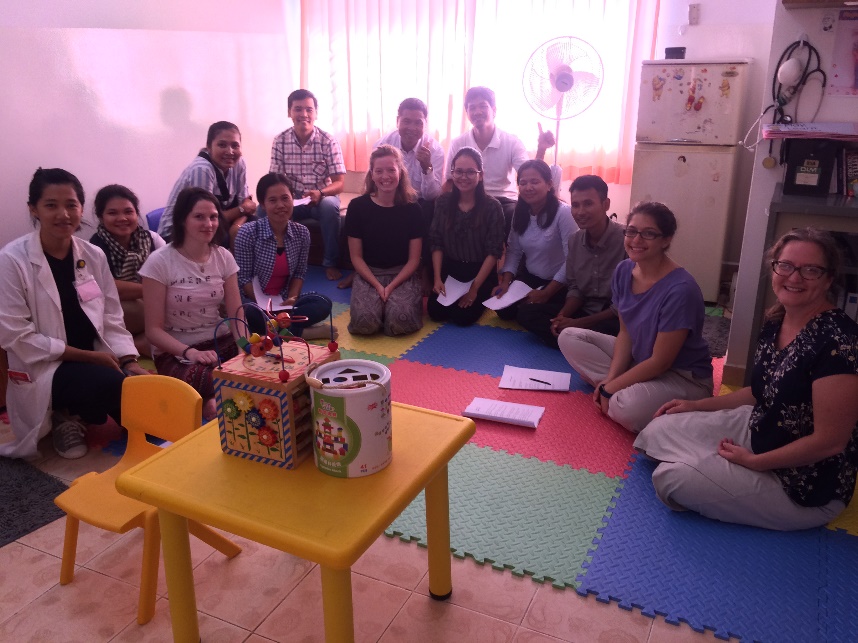
We took many case histories and speech assessments over Monday and Tuesday as there were a lot of initial appointments. Vin’s understanding of what the new case history entails is improving. We also recapped on place of articulation training as Vin was not entirely clear on the concept. There were audiology patients to be seen which Vin had to be present for, cutting our training time short.
In Cambodia there is not a Council that sets standards for things like progress notes and documentation. We realised the full effects of this today when we asked to see the speech notes of a patient who had been to the clinic four times previously. This made the session very difficult as there was no record of previous therapy or the speech sounds being targeted. We have decided to make consistent record-keeping our main target for CSC as the lack of records makes handovers and efficiency of therapy near impossible. We had a meeting with Dr Saqib to organise the logistics of adding speech therapy notes to the online database. This may take some time to implement but we hope it will be set up and in use by the time we leave.
On Wednesday we attended Dr Allin’s speech clinic. All twelve of the students from her cohort on the Paññāsāstra University course came to observe at the same time, aswell as Julie the course leader and Marissa, one of the guest lecturers on the course and a specialist in cleft. This made for an unusually full therapy room! Eight patients came in one after another between 08:30 and 12:30, with ages ranging from four months to eleven years old. The clinic was a different style to usual as there were now sixteen of us in the room, listening to the speech of the children. Dr Allin made sure to present each patient to the whole group and explain what she was doing with them. The students were able to discuss and ask questions throughout. Among the children we saw were a six year old girl with a repaired cleft of the soft palate, a five year old boy who mainly communicated with the vocalisation “mm” and also knew the Khmer word for car; [lɑm] and a four and a half year old who had no language and limited social skills. We gave advice to parents and arranged follow-up appointments with most of the patients.
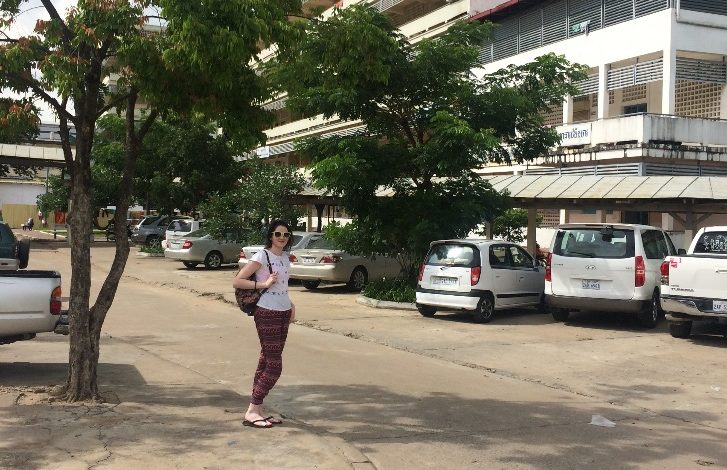
Dr Allin, along with most of the people who do speech work here also has multiple other roles and/or studies alongside a full-time job. It is incredible to see how hard they work and still manage to do a good job. It has been wonderful to observe Allin in her clinic as she is very skilled in this field. So far we have struggled to fit in training time with Dr Allin which we are really keen to do so that she can further expand her knowledge. In the coming weeks we are going to have to try really hard to get some time with her at the end of the clinics so that we can achieve this.
In the afternoon we had a meeting at Khmer Soviet Friendship Hospital. They have asked us to join them in their monthly mission next week. A US team are coming over to set up this mission and we will represent the speech team, giving feeding and early speech advice to parents of babies with cleft lip and palate. It is expected that there will be between 50-100 patients to be seen in the week for surgery and brief meetings with the various professionals. We will attend on Tuesday and Thursday.
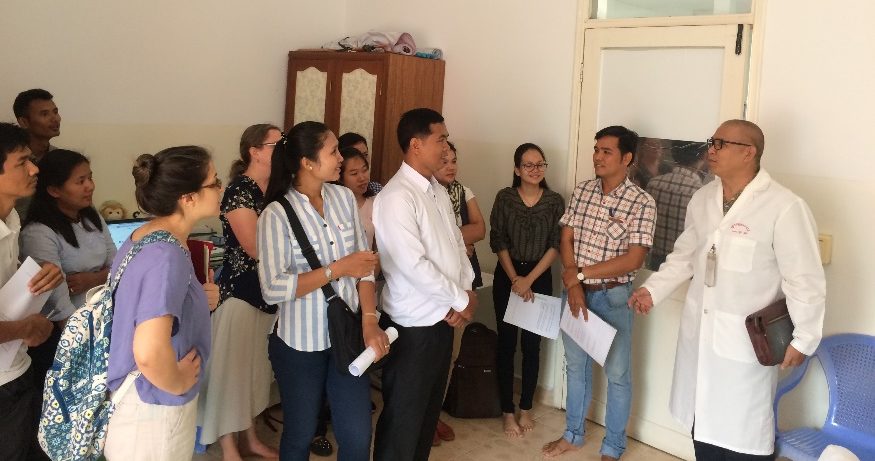
Friday was another busy feeding clinic and the Paññāsāstra University students came to observe again with Julie and Marissa. As the Fridays are normally very busy, half the students observed the feeding clinic while the other half observed the dentistry clinic and halfway through the morning they swapped over. This was a very interesting and informative morning for the students as they got to see how different professionals work together. After the clinic we joined all the students, Julie and Marissa for lunch which was a lovely bonding experience.
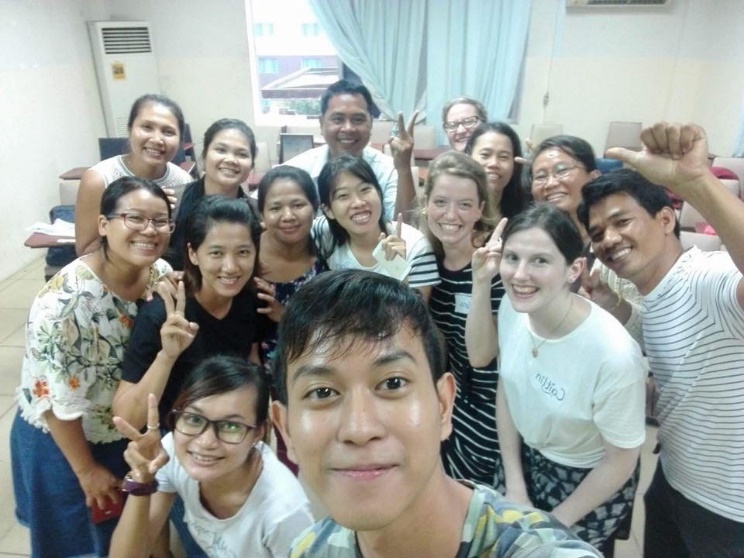
After lunch we had a meeting with Susie from University of South Australia, the Australian occupational therapy students and Raphael from NPH. This was a great chance to make new connections and discuss new ways that speech therapy and occupational therapy can work together and help maintain each other’s work.
On Saturday we delivered a tutorial on speech therapy for cleft lip and palate children at Paññāsāstra University. It involved various activities and games that recapped all the cleft module material taught by Marissa. After the tutorial we ran a workshop for some students to help us develop and update the Khmer Assessment of Speech Sounds which was created by City-Cambodia Project 2012. We got them to say and write all the words so that we could ensure the correct transcriptions and spellings. Julie joined us for this workshop and everyone was laughing at our attempts to pronounce Khmer words, especially Helena’s pronunciation of /kɾoɪc/ (orange). It was great to see the students taking on the teaching role. The teaching and workshop were a lot of fun and we finished the week on a high.
